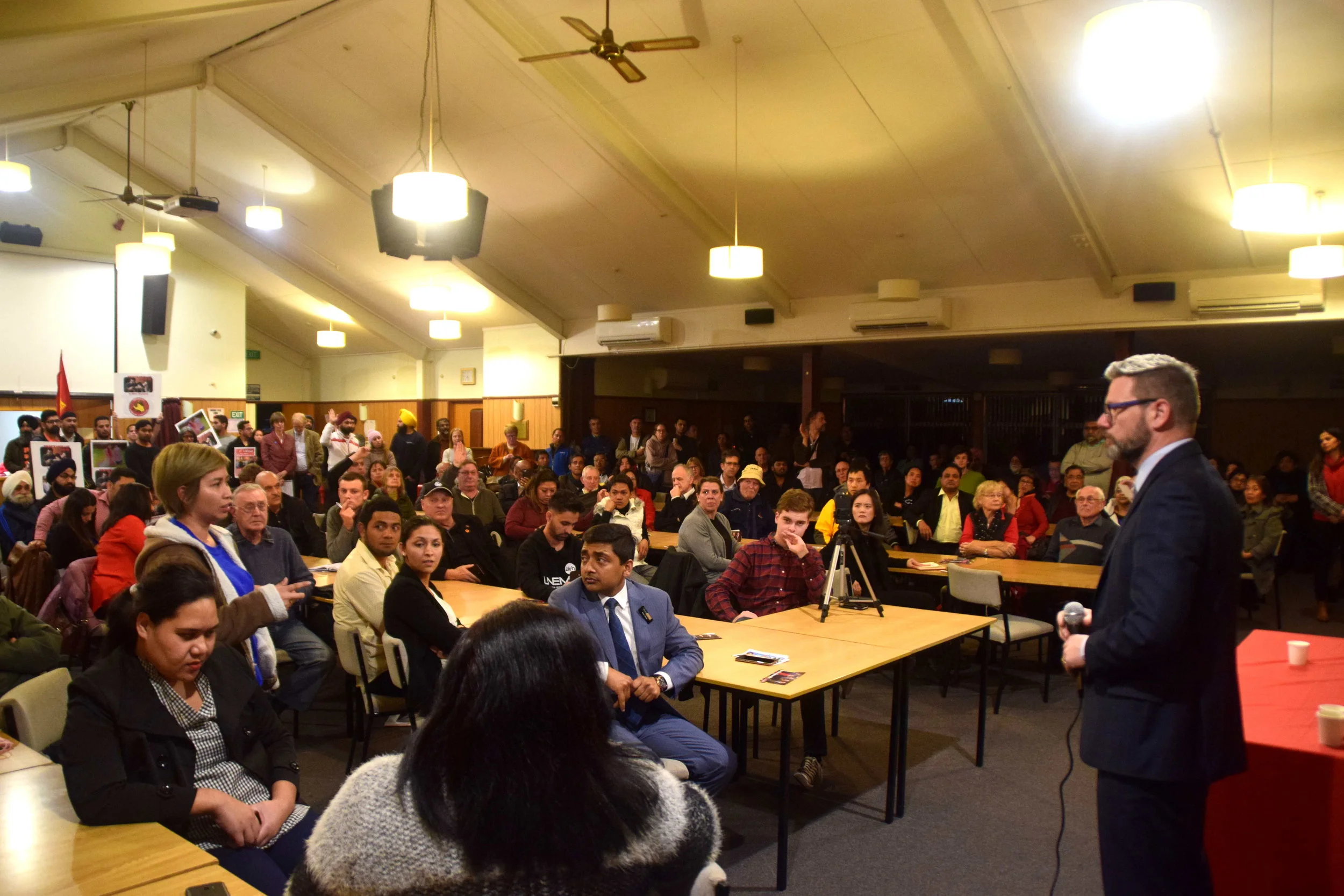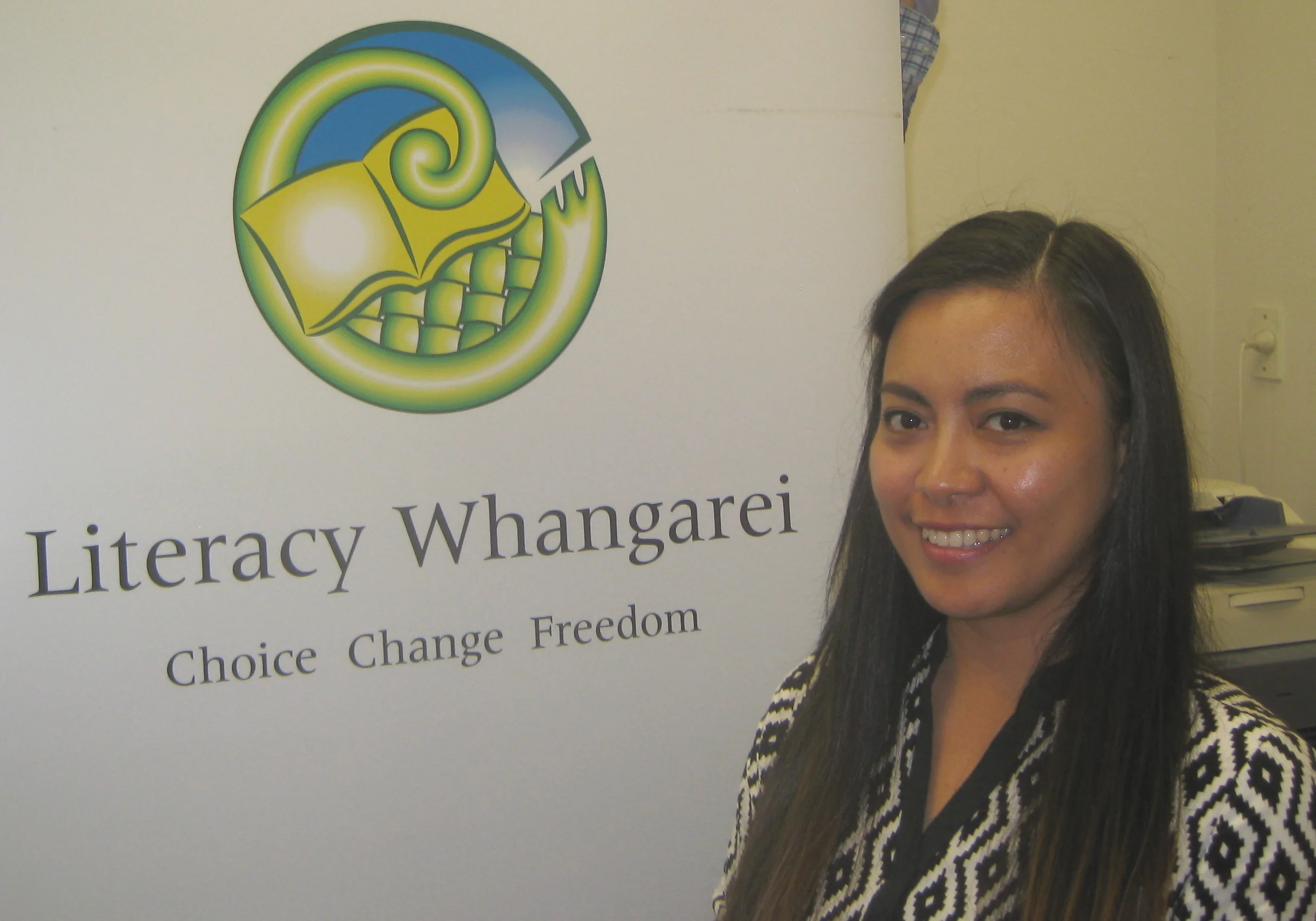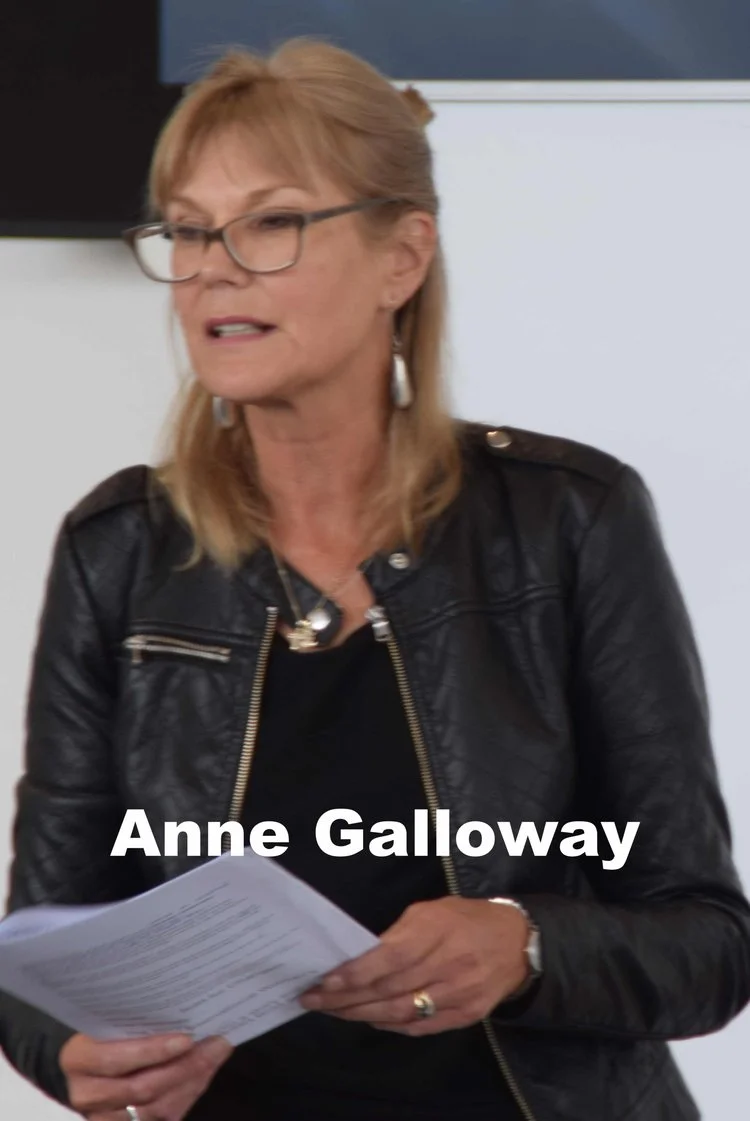Two events, one was a speech while the other was a public interaction, but the message from the Immigration Minister Iain Lees-Galloway was essentially the same. First was the annual conference of the New Zealand Association for Migration and Investment held in Auckland on August 17, and the other was a public meeting organised by Labour MP from New Lynn Deborah Russell on August 21. Here’s what he said on several immigration issues.
Whangarei migrants Vinkal Gaur and Astrid Kelly found that volunteering helped them successfully find paid work. International Northtec student Vinkal Guar came to New Zealand in 2017 to study a degree in sport. He wanted to build networks and applied for advertised jobs but found the lack of response frustrating. “I applied for jobs,” he says, “but I never heard back.”
The OIA and LGOIMA are laws in New Zealand that allow people to ask for official information held by Ministers and central and local government agencies (agencies). These laws set out how agencies should handle requests for information and give a right to anyone not happy with the result to complain to the Ombudsman.
English Language Partners teach English, but with a difference. We teach English needed for settlement. In other words, we provide the language so people can participate in any way they wish in life in Aotearoa. It’s learning English, and so much more. Our origins with the home tutoring programme are belied by our former name - ESOL Home Tutors.
Coming to New Zealand as a migrant is a very exciting new challenge, but also a very brave move as you step into a new country with its own unique culture. You bring with you your own cultural nuances, values and language. The norms you have known all of your life need adjustment to assimilate into your new homeland, so change is inevitable, otherwise why have you come to this country?
As a new CityCouncillor elected in October 2016, Ihave become aware that many people are unaware ofhow to get involved and have influence onthe decisions made in the community. At a recent International Women's Day event which highlighted the fantastic work thatthe SHAKTI refuge does to support migrant and refugee women who are victims of domestic violence, I shared the following information so people wouldunderstand the processes.
Did you know that the Canterbury Employers’ Chamber of Commerce’ provides a programme that supports and connects Canterbury employers’ with newcomers skills. Since this Immigration New Zealand funded programme began in 2003 to the end of June 2015, on average annually over 860 Canterbury employers have been connected with potential skilled migrant job seekers. A total of 2200 skilled migrant job seekers have received ‘one on one’ job search support and over 800 have been successfully placed into jobs specific to their skills sets.
The need for local government is the basic recognition of the fact that not all communities are the same, nor do they have the same issues. Thus, while Parliament is elected to deal with issues relevant to New Zealand and its people as a nation, local government enables democratic decision-making by and for local communities. It makes decisions about local issues and services, having regard to local needs and priorities.
Disability Issues Minister Nicky Wagner is encouraging New Zealanders to give feedback on the first draft of the disability strategy as the second round of public consultation begins. The consultation opened on 25 July, and will go on till 21 August.
It's a telephone interpreting service by the Office of Ethnic Communities. The service is provided for 44 languages and hours of operation on weekdays is between 9am to 6pm. On Saturday, the service ends at 2pm. To get an interpreter, visit or telephone a participating agency. Ask for Language Line and the language you want. An interpreter will help you within two minutes.
Not many migrants know this but Essential Skills work visas are subject to a labour market test (or Labour Market Check/ LMC) to ensure that employers have made genuine attempts to hire New Zealanders and that suitable New Zealanders are not available to take up the vacancy offered to a migrant.












A Justice of the Peace, or simply a ‘JP’, can help members of the community with several things, including: Certifying copies (as true copies); Statutory declarations needed for several applications such as Visitor sponsorship application, Kiwisaver withdrawal application, Citizenship application, Rates rebate application etc.; Taking oaths, declarations, affidavits or affirmations to be used in courts; and Witnessing signatures on documents. These functions are called ‘ministerial duties or functions’.